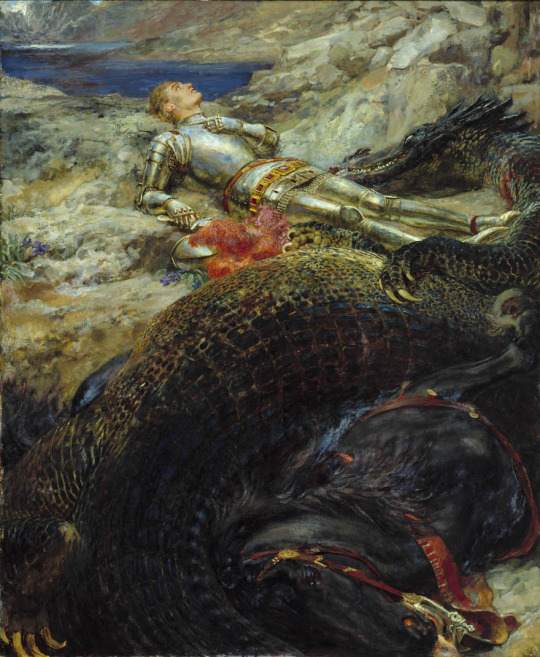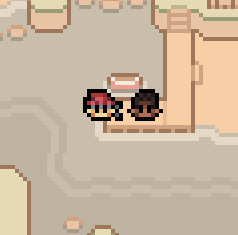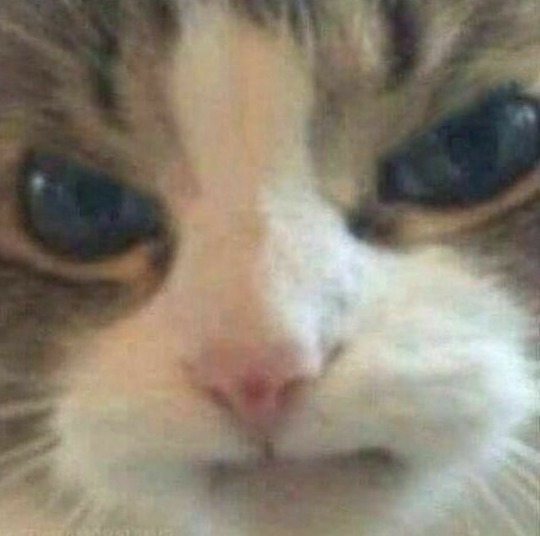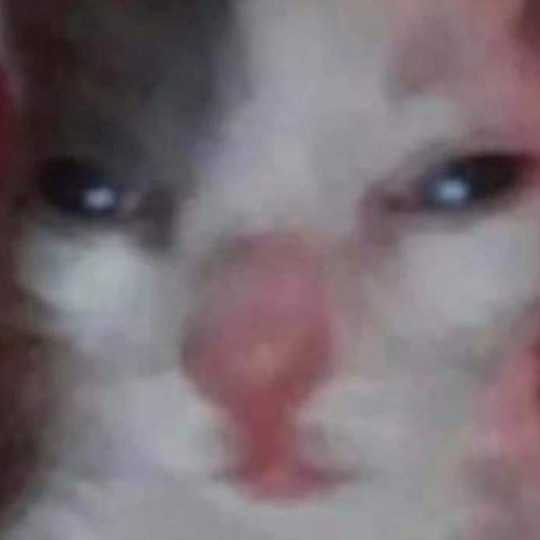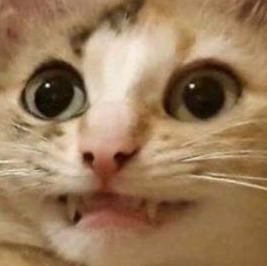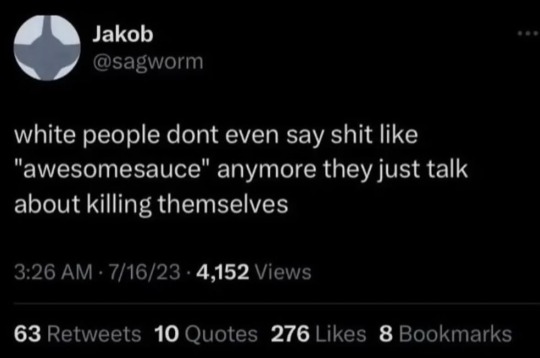Text


my favorite fields of mistria boys 🥰
8K notes
·
View notes
Text
Due to issues with my car, I must open sketch commissions again. These will be closed once I feel I have enough work on my plate, but there isn't a set number of slots this time.
I'm okay with drawing both human and non-human characters. I'm okay with NSFW art, but I also reserve the right to turn a request down if I feel your request is outside my ability/ tolerance. I'm okay with fanart and OCs, but if it's an OC, I will need you to provide references (the more the better). My sketch commissions are typically black and white and full-body, or at the very least from the thighs up, depending on the composition. If you have a specific pose in mind, feel free to share references!
I accept payment through PayPal (the email is [email protected], old weeb email etc. etc.) and so long as you pay before your commission is finished, that's fine.
Single character: $25





Couples: $35 (+ $15 per additional character, max of four)





78 notes
·
View notes
Text
Do you block people in the same fandom as you just because you don't like their takes?
76K notes
·
View notes
Text
This is such a frustrating misconception that the "never animal products" crowd genuinely needs to sit and unpack.
Humans have had thousands upon thousands of years domesticating animals and living utilizing healthy amounts of resources without causing dramatic levels of harm.
Sheep in particular do require humans caring for them as domesticated sheep have adapted to grow more wool than necessary for survival in the wild. It's cruel to let them continue living with that much wool as it impacts their health and it would be just as cruel and harmful to the ecosystem to just release them into the wild. So we, as human beings, have an inherent responsibility to care for these animals and utilize that renewable resource because we also built it up in the first place.
Unironically, vegans need to be advocating for more and better sheep, llama, and alpaca farms. Wool is one of the best fabrics we have in terms of versatility, longevity and most importantly, insulation. Even wet, it retains 80% of it’s insulation potential.
AND IT DOESN’T SHED MICROPLASTICS
#And frankly#a lot of this weird propaganda is new and born from the extreme consumerism we're living under#as well as anti indegenous practices employed by these countries.#because god forbid individuals and communites can sustain without relying on spending money to a corporation#corpos that do infinitely more harm than one person could fathom
154K notes
·
View notes
Text

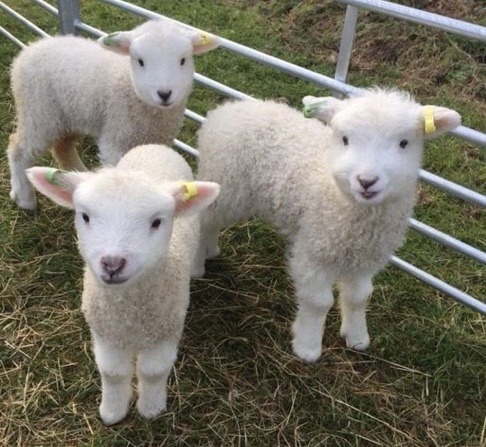

Please look at these babies!
21K notes
·
View notes
Text
my issue with the argument that "disliking ai art is inherently reactionary" is that it acts like pro-ai art people are somehow less reactionary on their views on art, when like the majority of defense's of ai art as like a higher form art are indistinguishable from the arguments people use to defend the art of like. hitler
5K notes
·
View notes
Text
overheard these two guys talking and they're like. very obviously cowboys and one of them goes "man when I was young I used to think everyone had horses I didn't even know there were ppl w/o horses" and the other one goes "shows how horseified we are"
25K notes
·
View notes
Text
I think every film critic review needs a footnote called the “fun-o-meter” where they ignore everything they said in the previous paragraphs and have to answer objectively. put it on a scale. good good to bad good to bad good to bad bad. for example. did venom get a 30% on rotten tomatoes? yes. but watching sweaty tom hardy sit in a fish tank and eat a live lobster was VERY fun. some movies aren’t meant to win awards. they’re just meant to be a hoot n a holler
41K notes
·
View notes
Text
what are you guys’ most “tumblr is a website” moments
72K notes
·
View notes
